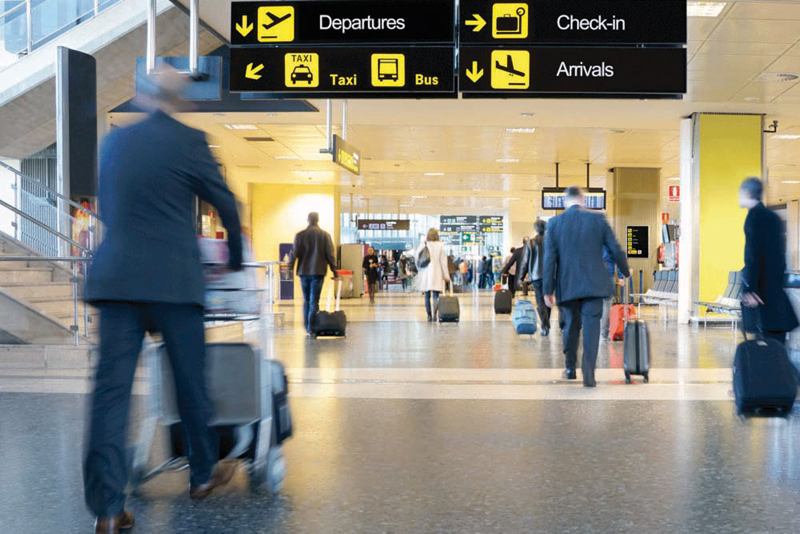

Business travel has come to a halt during the Covid-19 pandemic, as stay-at-home restrictions have required companies to hold more virtual meetings.
While the outbreak is not yet over, experts have started to project a rebound for corporate travel. As travel begins to resume, the prospect of taking a business trip has become a daunting task for many travellers whose main worry remains to stay safe.

While the duty of care has always been high on corporate agendas for many travel managers, the crisis has put it squarely at the top, forcing them to rethink the way they support travellers away from the office environment.
Our extraordinary times hit business travel harder than anything anyone has ever experienced before. But out of adversity comes opportunity. The pandemic has been the catalyst for introducing robust duty of care and safety measures into businesses’ corporate travel programmes, which will ultimately benefit their travelling employees’ wellbeing in the long-term.
So, as companies begin to plot the course ahead, businesses need to re-look at their current travel practices and evaluate how they can meet their duty of care obligations for their employees and customers.
From disparate bookings to flight delays, a business trip had the potential of being complicated even before our 2020 health and safety challenges. Employees have never been keen to deal with any added stress and want to feel safe while doing their jobs. Since safety has become a moving target, businesses now need to adapt and to move with it — which means they also need to change.
A recent survey commissioned by SAP Concur found that 96 per cent of business travellers identified at least one measure they consider to be critical for their company to implement when travel resumes, and 18 per cent say they’ll look for a new role, inside or outside the company, that does not require travel if measures aren’t implemented. Despite that, travellers ranked “excitement” second when asked about feelings on a return to travel, showing there is still appetite for travelling — if it’s done safely.
As a result, businesses need to look at new tools and practices they can implement to help navigate the ‘new normal’ of travel. First, businesses should consider referencing the latest public health and safety advisories, travel provider cancellation policies and new travel guidelines from their local governments.
Additionally, there are new features in the TripIt Pro app available to travellers which allow them to access Neighbourhood Safety Scores’ — which surfaces safety scores from 1 to 100 for neighbourhoods around the world, representing low to high risk. Whether travelling for business or leisure, such technology can help raise safety awareness that’s granular to the neighbourhood a person is visiting.
It also provides the latest Covid-19 information for all destinations that travellers visit. This includes current infection rates, quarantine rules upon arrival, testing requirements, and other information passengers need to know before visiting the area, helping them to stay as informed as possible.
(The author is MENA South Director at SAP Concur)
Oman Observer is now on the WhatsApp channel. Click here



